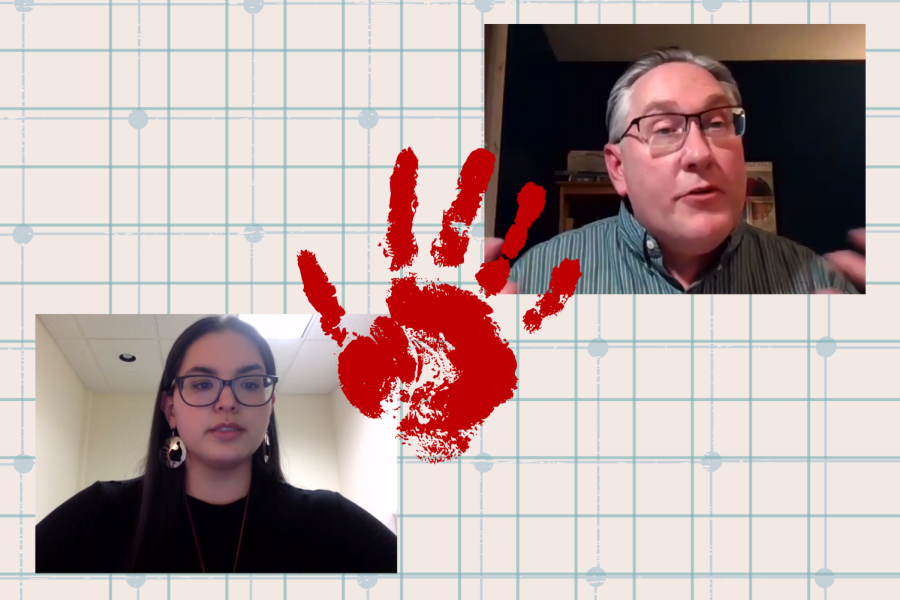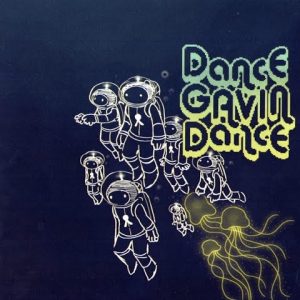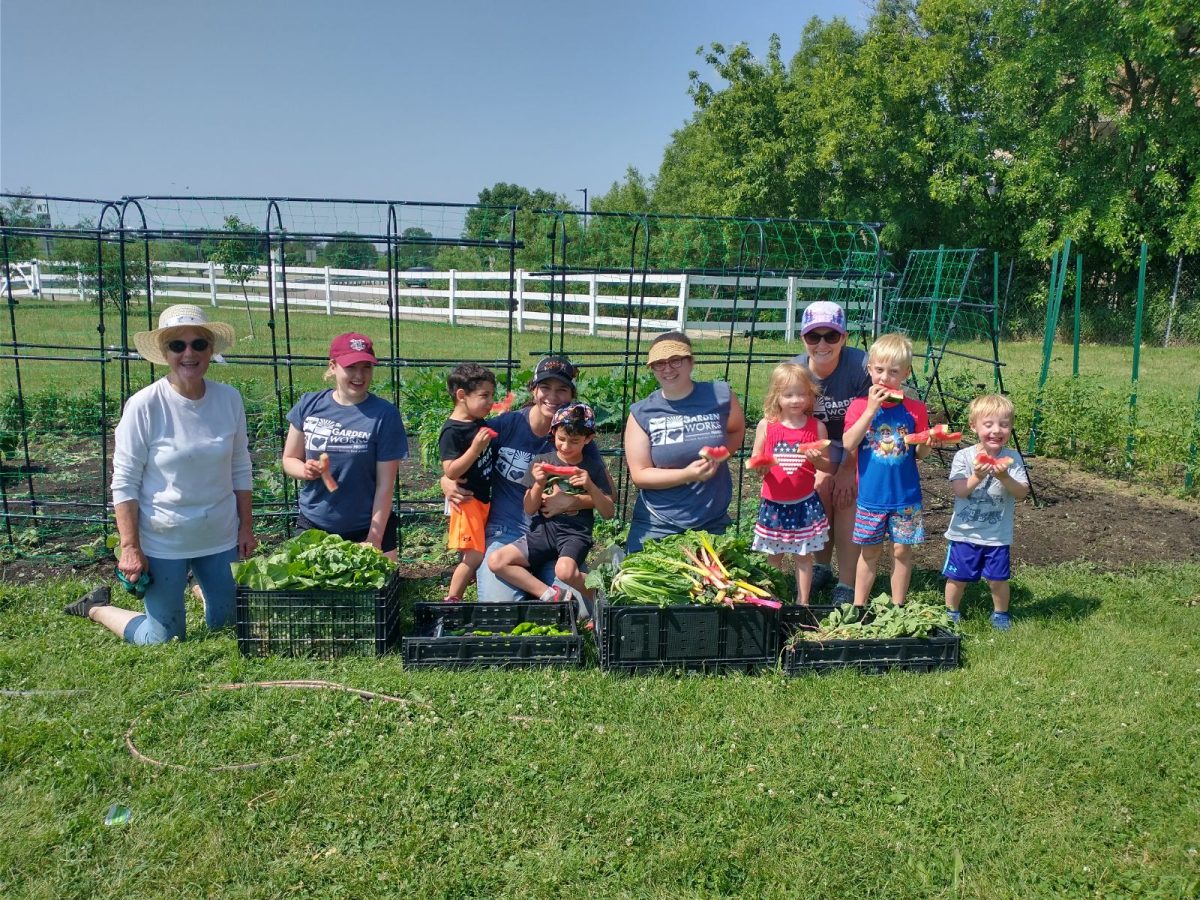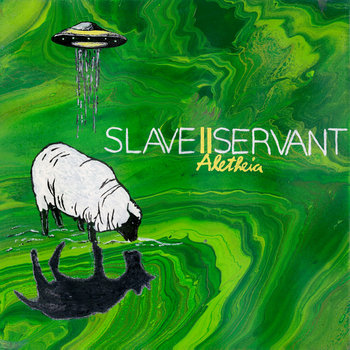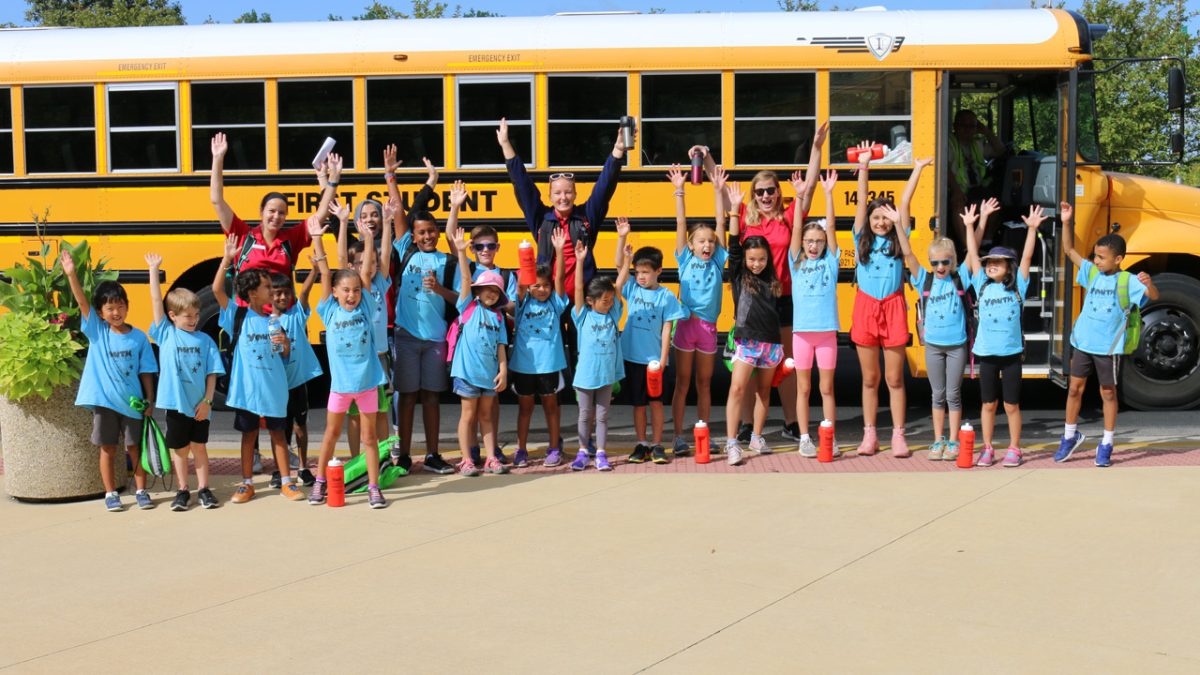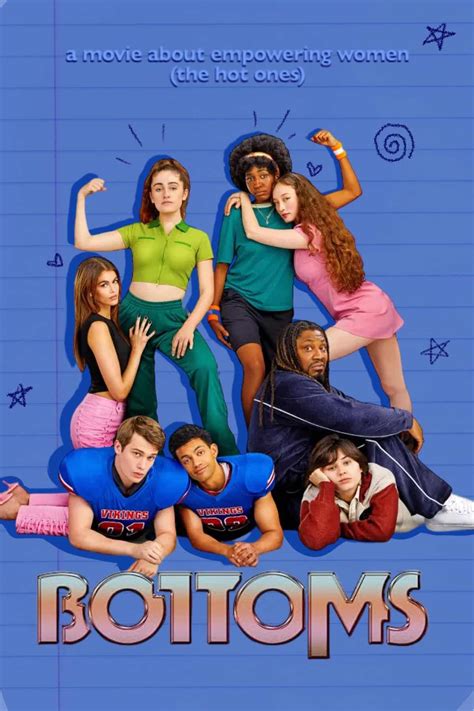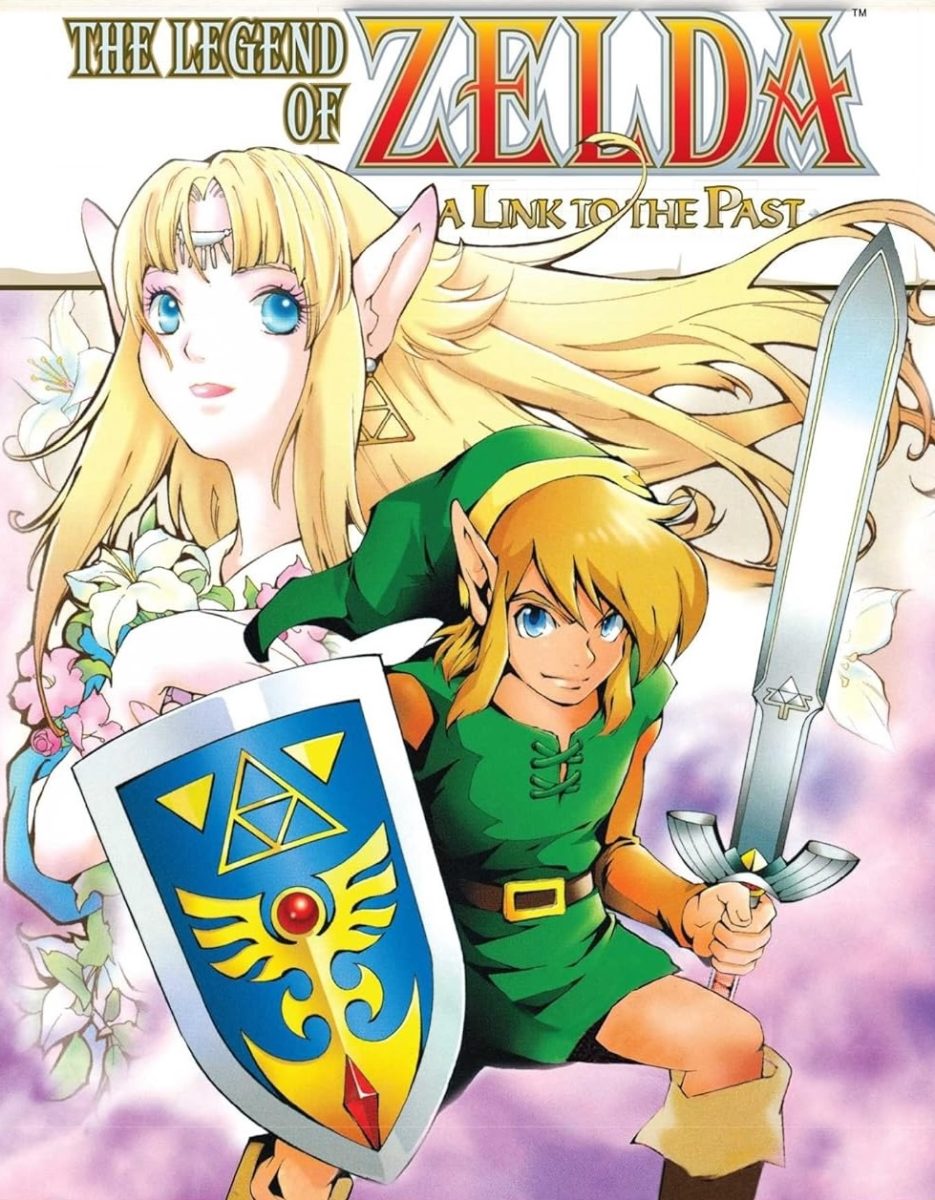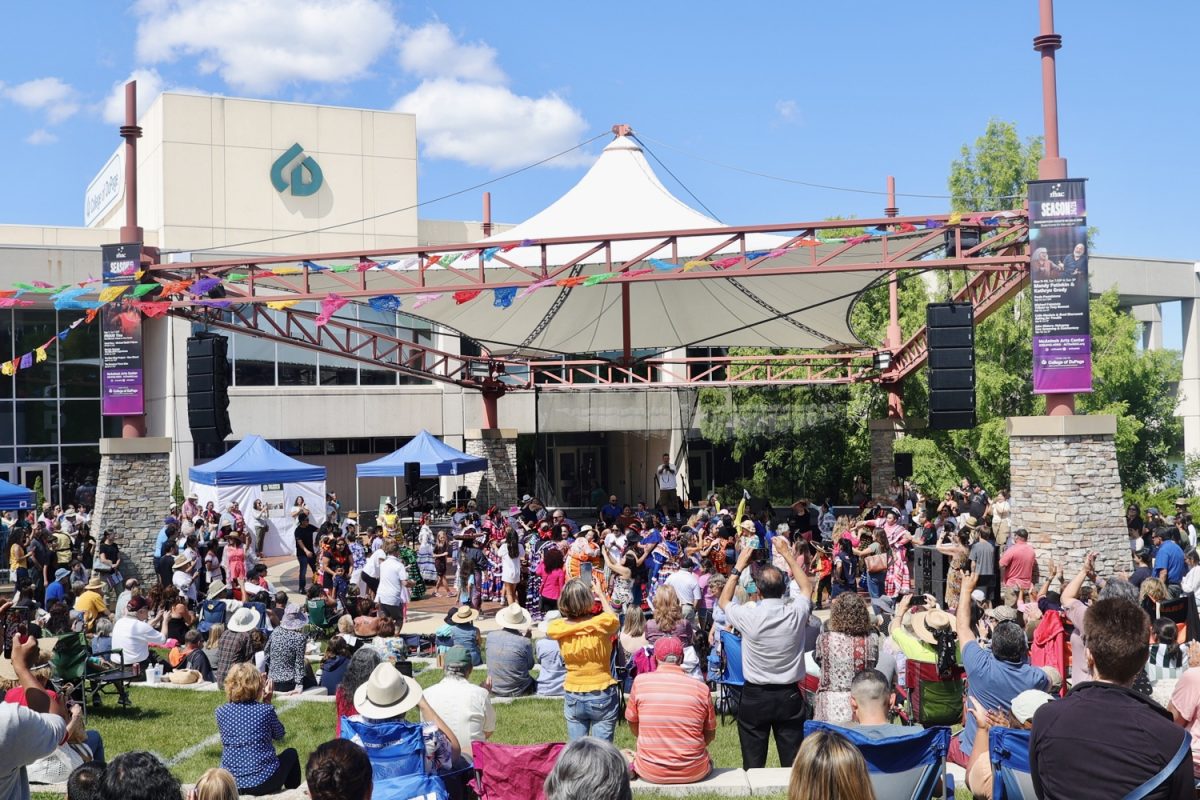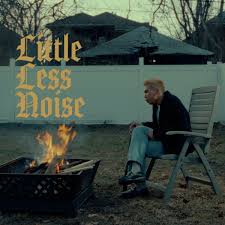The Epidemic Of Abuse Against Native Women
COD’s three-part webinar series, Native American Voices, had its second installment pertaining to the Murdered and Missing Indigenous Women and Girls movement.
May 9, 2022
May 5 is national day of Awareness for the Murdered and Missing Indigenous Women and Girl movement. It is a day dedicated to stopping the violence targeted at Indigenous women and girls. COD hosted its second installment of their Native American Voices webinar series on May 5, to help spread the awareness.
Mercedes Reza, a recent COD graduate, was the speaker for the evening. She began her presentation by asking the audience to think of the communities they are in, think of the people surrounding them and consider how everyone is connected to each other.
“Just take a moment to think about how you are connected to other people tonight. Other men, other women, others that are dedicated to this work and open to gaining more information,” Reza said. “Just know that you are never alone. Be mindful that in those moments of isolation and the struggle to juggle everything under the circumstances that we are in. I know it does get difficult, but you’re not alone.”
Reza talked about the staggering rates at which indigenous women experience violence.
“According to the 2016, National Institute of Justice study of violence against American Indian and Alaska native women and men, 84.3% of native women have experienced violence in their lifetime,” she said. “This national level epidemic has not only affected this generation, but has affected generations of women and girls since colonization. Every year in the United States and Canada, indigenous women experienced violence, including sexual violence, at a far higher rate than any other racial group.”
The solution to this epidemic comes, Reza said, comes from understanding what is at the root cause for the abuse. Racism and sexism are driving forces behind the abuse to native women.
“Nearly 80% of those that have been affected are being abused by non-natives,” Reza said. “You’ll see men will go into reservations, get into a relationship with a woman and then the relationship kind of takes a little turn. And in his eyes, he’s free. He doesn’t have to worry about the cops, he doesn’t have to worry about getting in trouble for abusing her.”
Reza said that the Native Tribes often don’t have access to the proper support, whether from law enforcement or from culturally specific support for victims and survivors. However due to heightened awareness of this epidemic, Reza believes the situation can take a turn for the better, even going as far as getting allies in high positions in the government.
“We do have a new interior secretary of defense, and she is a native woman. Her name is Deb Haaland. Now, she has definitely been making a lot of headway,” she said. “Over the last decade, the missing and murdered indigenous women movement has increased due to social media activism and awareness just like this tonight. But at the same time, more needs to be done. Not enough is done. More more needs to be done at all levels to stop the disappearances and to save lives.”
John Paris, an associate history professor at COD and moderator for the event, said that the history department at COD is doing their part to try and expand how students consume and interrupt historical texts.
“That’s something that we in the history department are always discussing; how to be truly representative of the various facets of American history,” he said. “And not just from one perspective. And not only is that a more accurate way of looking at presenting history, but it’s just a better way of teaching to be quite honest.”
Paris also made note of the classes offered at COD that specifically highlight Native culture, history or literature.
“We have a Native American history course that Professor Brian Moran teaches regularly,” he said. “We do have a Native American literature class that is taught by Professor Jackie McGrath.”
For individuals interested in learning more about the MMIWG movement or are looking for a place to donate, be sure to check out Coalition to Stop Violence Against Native Women’s website, National Indigenous Women’s Resource Center or MMIW USA.
COD’s Native American Voices webinar Series is a three part series. The first event talked about residential schools and the effect the school had on native communities. With two webinars down, the last seminar is scheduled to be in Sept. with the date not yet determined.


